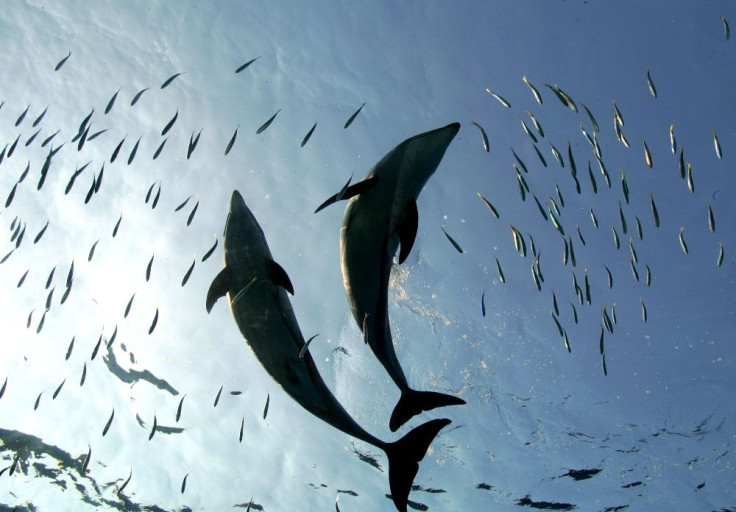Dolphin Hunting In Solomon Islands Is All About Teeth For Jewellery

Researchers studying hunting records in Solomon Islands discovered that over 15,000 dolphins have been slaughtered between years 1976 and 2013. The findings are published in The Royal Society Science.
The locals practise the activity called drive hunting, where a group of hunters head far offshore and lure dolphins into groups by clapping stones together. This practise has been going on in Solomon Islands for several years and the reason why locals do it -- dolphin teeth.
Dolphin hunting in Solomon Islands is all about their teeth, which are made into jewellery for wedding ceremonies as reported in Science Daily. These prized teeth will become the prize that the groom will give to his betrothed.
"There has been an increased commercialisation of the teeth and that's a little troubling," said co-author of the study, Scott Baker, in a Washington Post report. The value for jewellery made from dolphin’s teeth is rising in the market of Solomon Islands’ capital. According to the report, each tooth would cost around 70 American cents.
The May 6 published study focused data gathered from a village called Fanalei that popularly practise drive hunting. The village formed an agreement with a foreign non-governmental organisation and suspended its activities in 2010. However, the agreement dissolved by 2013 and the village resumed drive hunting.
What the scientists found during a short three months of 2013 is that Fanalei villagers killed 1,674 dolphins -- a figure that beats the number of dolphin killings that happen annually in Taiji, Japan. Species hunted include spotted dolphins, bottlenose dolphins and spinner dolphins.
Researchers are calling for the regulation of dolphin hunting in Solomon Islands. "The hunt was large. The numbers are sufficient to raise concerns about the likelihood of local depletion of the populations," said Baker, who is also an associate director of the Marine Mammal Institute based in Oregon State University.
To report problems or leave feedback on this article, email: wendylemeric@gmail.com.





















